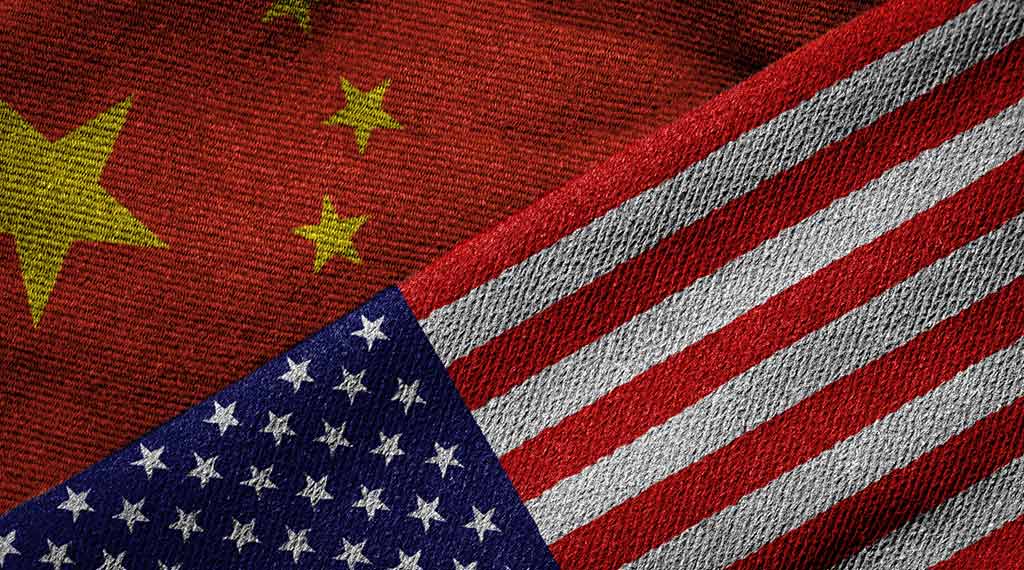Victory over the PRC: Why engagement makes war with Beijing more likely

The United States faces three choices regarding its policy towards the People’s Republic of China (PRC): continuation of the Biden administration’s Engagement policy, what we term neo-Engagement; Defeat (that is, the U.S. withdrawal from the Indo-Pacific); or Victory, the U.S. total defeat of the Chinese Communist Party (CCP). In these pages, we have considered each, rejected the Engagement and Defeat positions, and have instead advocated for victory over the CCP. While victory is the most obvious and rational choice for the U.S., in this article we explore the significant challenges associated with the pursuit of a victory policy over the CCP.
Victory over the CCP will be a prodigious task that will require a unified whole of society and a whole of government response, in conjunction with U.S. allies, partners, and people of good will around the world, to include those who yearn for freedom within the PRC, not a small number. But this coalition must be mobilized, supported, and sustained, and there is a big obstacle—the second problem—that stands in the way.
The second problem is the American elite’s embrace of engagement with the CCP. Almost all of it, from Wall Street, Silicon Valley, the Chamber of Commerce, government, media, universities, philanthropic foundations, and even the U.S. military, remains tied to unconstrained neo-Engagement policies. For the neo-Engagement school, it is as if Moses had brought down an Eleventh Commandant from Mt. Sinai: “Thou Shalt Trade and Invest in the PRC in Perpetuity.” And no matter the damage to U.S. national security. For neo-Engagement, it does not matter that U.S. trade and investment have been responsible for the PRC’s rise from a nation almost destroyed by Mao Zedong’s disastrous Great Leap Forward and Cultural Revolution to the existential threat it is today to the U.S.
It does not seem to matter to advocates of the Engagement School that their policies have profoundly weakened U.S. national security, destroyed American manufacturing, and introduced great vulnerabilities, some of which the COVID-19 pandemic revealed.
Thus, while U.S. victory logically requires defeating the CCP, it will also require defeating the problem of the Engagement School. This is because how the CCP is defeated is crucially important, and some pathways to the CCP’s defeat are far more preferable for American national security, its allies, and global stability.
The first possibility, which is the worst by far, would be that the CCP falls because of its defeat in war. While this would yield a U.S. victory, by definition, that outcome would be a human rights catastrophe and carry tremendous dangers for the U.S. and its allies. Such a war would result from a failure of deterrence, the intent of which is to keep war from occurring in the first place.
A second, far more desirable outcome is that the CCP collapses due to the results of the tyranny of its Communist ideology and its decades of misrule and gross abuse of the Chinese people and their economy and society. This would minimize the profound risks that are inherent in such a war and the unpredictable effects that would inevitably stem from it. To achieve such a conclusion, it will necessitate cutting off foreign direct investment in the PRC, which comes largely from U.S. trade and investment.
To achieve this means ending the Engagement School once and for all and thus freeing American foreign policy from the headlock it has had on U.S.-PRC relations for the past 50 years. Terminating the dominance of the Engagement School is thus necessary to yield the end of the CCP without war, as was accomplished by the Reagan Administration against the Soviet Union.
In essence, ending the Engagement School is a matter of national security and must be seen precisely as a matter of national security.
- Victory over the PRC: Why engagement makes war with Beijing more likely - April 24, 2024
- The US must end engagement (and Biden’s neo-Engagement) with the PRC now - April 10, 2024
- How to address the CCP threat: Engagement, defeatism, or victory - April 3, 2024
